If you’ve been hearing more about berberine supplements, you’re not imagining things. This bright yellow compound has been used in traditional medicine for centuries and is now making a serious comeback in modern wellness circles.
So, what does berberine actually do for your body? And is it worth adding to your routine? Let’s break it down.
What Is Berberine?
Berberine is a natural compound found in certain plants. It’s technically called an “alkaloid,” but in simple terms, it’s a bioactive ingredient that can have powerful effects on your body — a bit like how caffeine from coffee or curcumin from turmeric works.
What makes berberine special is its wide range of potential health benefits, especially when it comes to blood sugar, cholesterol, digestion, and metabolic health.
Sources and Origins
Berberine doesn’t come from just one plant. It’s found in several medicinal herbs that have been used for thousands of years.
Traditional Plant Sources
-
Goldenseal – Traditionally used in Native American herbal medicine.
-
Oregon grape – Known for its antimicrobial properties.
-
Barberry – Widely used in Middle Eastern and European remedies.
For centuries, these plants were brewed as teas or ground into powders for their wellness benefits.
How Berberine Is Extracted
Today, instead of steeping roots and bark, berberine is usually extracted and purified in a lab. This creates a more concentrated, standardized supplement, ensuring consistent potency from dose to dose.
How Berberine Works in the Body
Think of berberine as a molecular multitasker. Once absorbed, it activates an enzyme called AMP-activated protein kinase (AMPK) — often nicknamed your body’s “metabolic master switch.”
AMPK helps regulate how your body uses energy. By switching it on, berberine can:
-
Help balance blood sugar
-
Support fat metabolism
-
Influence how your cells use energy efficiently
Primary Uses and Benefits of Berberine
Research on berberine has grown rapidly over the past decade. Here are some of its most studied benefits:
Blood Sugar Management
Berberine has shown promise in helping support healthy blood sugar levels. It can support how your cells respond to insulin and may help reduce sugar production in the liver.
This is why many people may use our Rho Nutrition Liposomal Berberine as a natural support tool for blood sugar balance alongside diet and lifestyle changes.
Cholesterol and Heart Health
Berberine may help:
-
Support healthy cholesterol levels, including HDL (“good”) cholesterol
-
Promote healthy triglyceride levels
These effects together can support overall cardiovascular health.
Weight Management Support
While not a “magic pill,” berberine can support weight goals by supporting how your body uses energy and stores fat. Some studies suggest it may help reduce abdominal fat when combined with a healthy lifestyle and exercise.
Digestive Health
Berberine has natural immune supportive properties, which means it may help maintain a healthy gut microbiome — the community of good bacteria in your digestive system.
How to Take Berberine
Standard Dosing
Typical daily doses range from 500 mg to 1,500 mg, often split into 2–3 servings per day. This helps maintain stable levels in the body. Our Liposomal Berberine only has to be taken once per day, in capsule form.
Timing
For best absorption, berberine is usually taken before or with meals. Many users find splitting doses throughout the day works best for them.
Side Effects and Safety
Berberine is generally well-tolerated, but it’s not for everyone.
-
Some people may experience mild digestive discomfort (e.g., bloating, stomach upset).
-
Always talk to your doctor if you’re on medications — berberine can interact with certain drugs.
Who Should Avoid Berberine
-
Pregnant or breastfeeding individuals
-
People taking medications for blood sugar or blood pressure, unless advised by a healthcare provider
-
Children, unless directed by a professional
Choosing a Berberine Supplement
When it comes to berberine, quality matters. Look for:
-
Clinically backed dosages
-
Clean ingredient lists
-
Third-party testing for purity and potency
For example, Rho Nutrition offers a berberine supplement designed for optimal absorption and consistent quality — so you get the benefits without the guesswork.
Bottom Line
Berberine isn’t a trend; it’s a well-studied compound with deep traditional roots and modern scientific backing.
From blood sugar balance to heart health support, it offers a versatile toolkit for better metabolic wellness. If you’re thinking about adding berberine to your daily routine, talk with a healthcare professional first, especially if you’re taking other medications.
Pro tip: Look for supplements from trusted brands, follow recommended dosages, and remember — supplements work best when paired with a healthy lifestyle.
FAQ
Q: What does berberine do for your body?
A: It supports blood sugar balance, cholesterol levels, digestion, and metabolic health.
Q: How long does it take for berberine to work?
A: Some people notice changes within weeks, but consistent use over a few months is ideal.
Q: Can you take berberine every day?
A: Yes, in standard doses. But always consult your healthcare provider first.
FDA Disclaimer: These statements have not been evaluated by the Food and Drug Administration. This information is not intended to diagnose, treat, cure, or prevent any disease.

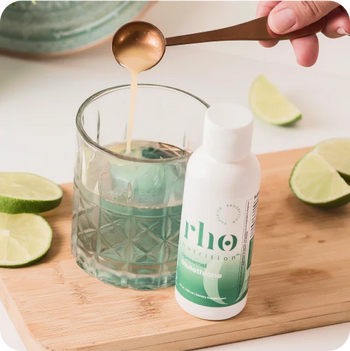

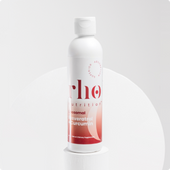
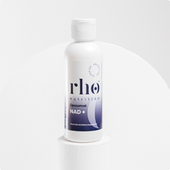

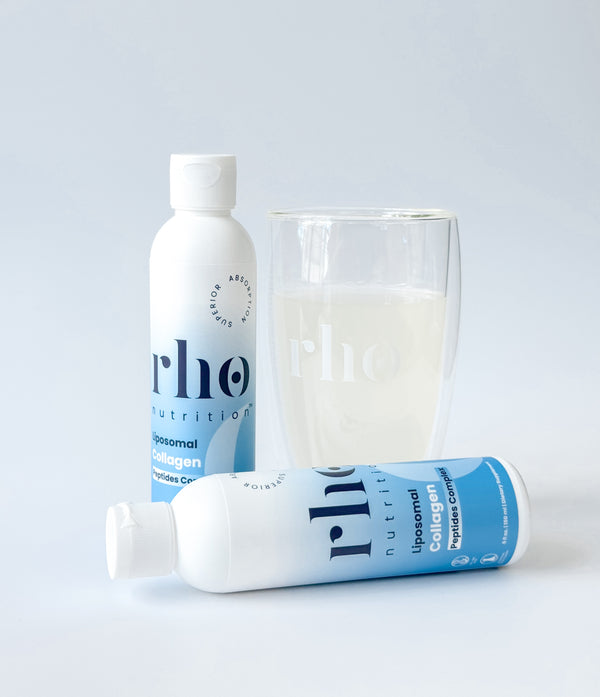
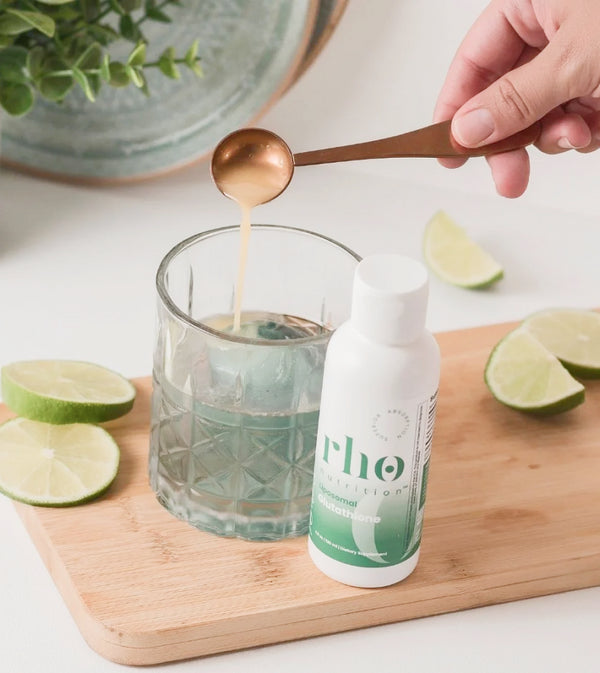





Leave a comment